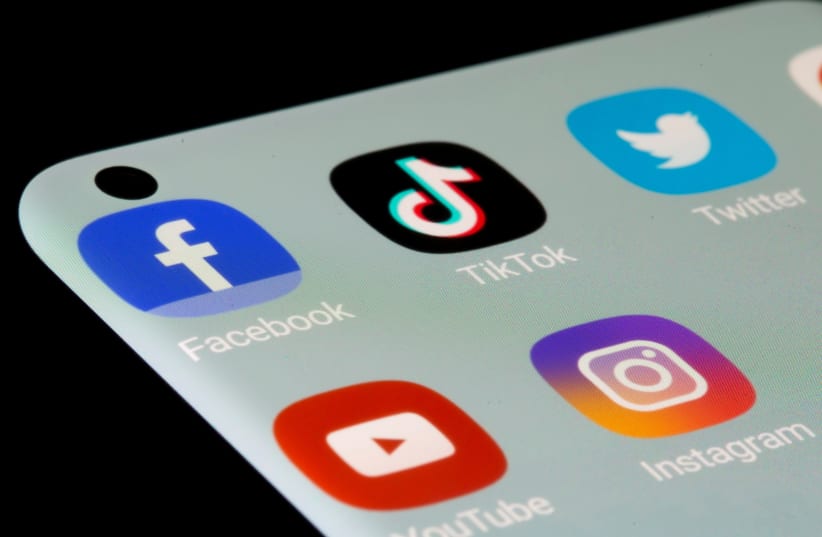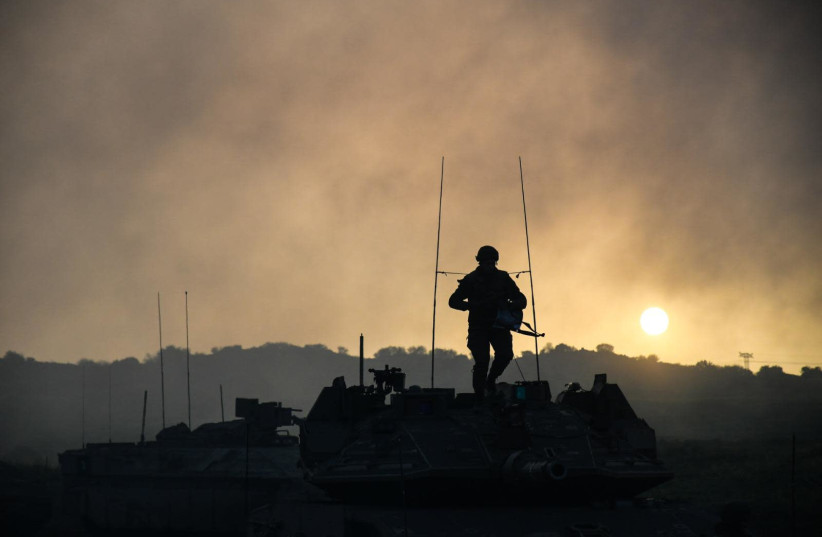Antisemitism and violent rhetoric against Jews online increased significantly during Israel’s Operation Guardian of the Walls in May 2021, a Diaspora Affairs Ministry report shows.
The ministry’s annual antisemitism report, released on Saturday, shows Israel has a “moral obligation to assist Diaspora communities in coping with antisemitism,” according to Diaspora Affairs Minister Nachman Shai.
The report, which focused on antisemitism online, used data gathered by the ministry’s Antisemitism Cyber Monitoring System, a real-time monitoring system based on artificial intelligence and semantic analysis technologies.
ACMS data highlighted an astounding 1,200% hike in antisemitic posts on five different social media platforms during May 2021 compared to data from 12 months prior.
Data also showed, perhaps unsurprisingly, that the overwhelming majority of violent rhetoric against Jews, Zionists and Israel was posted on Twitter.
Throughout 2021, there was a 31.3% increase in antisemitic tweets, compared to 2020’s figures. During the Gaza operation, data show an increase of 230% compared to only a month prior.
The ACMS analyzed all antisemitic posts and broke them down into three main categories: new antisemitism, classic antisemitism and Holocaust denial.
New antisemitism refers to hate speech directed at Zionism, Israel or Israeli institutions such as the IDF or Mossad instead of referring to Jews, which is classic antisemitism.
Five percent of all antisemitic Twitter posts in 2021 were considered to be Holocaust denial or distortion, while almost 75% were defined as new antisemitism.
“Israel and world Jewry have a shared destiny. When Israel conducts a military operation, it has a tremendous impact on the lives of Jews around the world,” Shai said.
“Israel, therefore, has a moral obligation to take steps to assist Diaspora communities in coping with the antisemitism that accompanies such operations, be it communal resilience in the face of increased antisemitic attacks, clear information and reasons for Israel’s activities, or other appropriate forms of support.”
Shai will present the data gathered in the report to the Israeli government during Sunday’s cabinet meeting ahead of Holocaust Memorial Day on Thursday.

